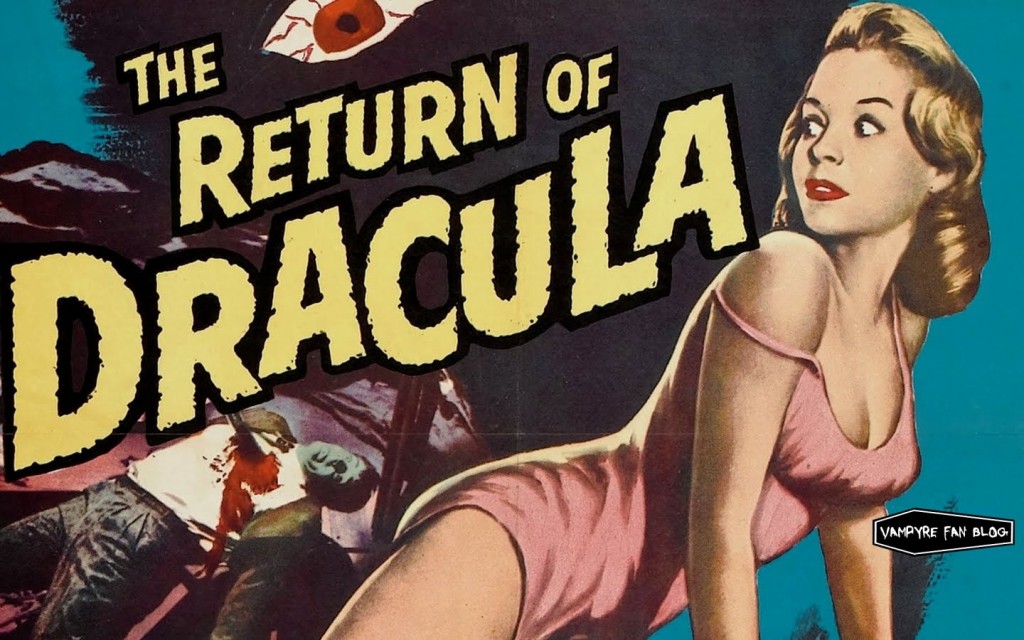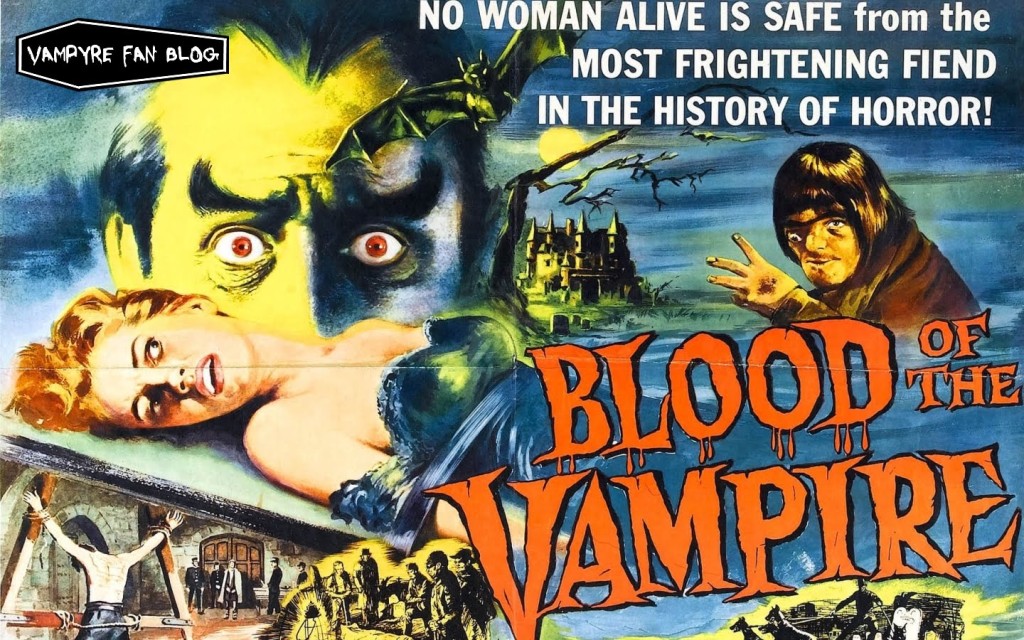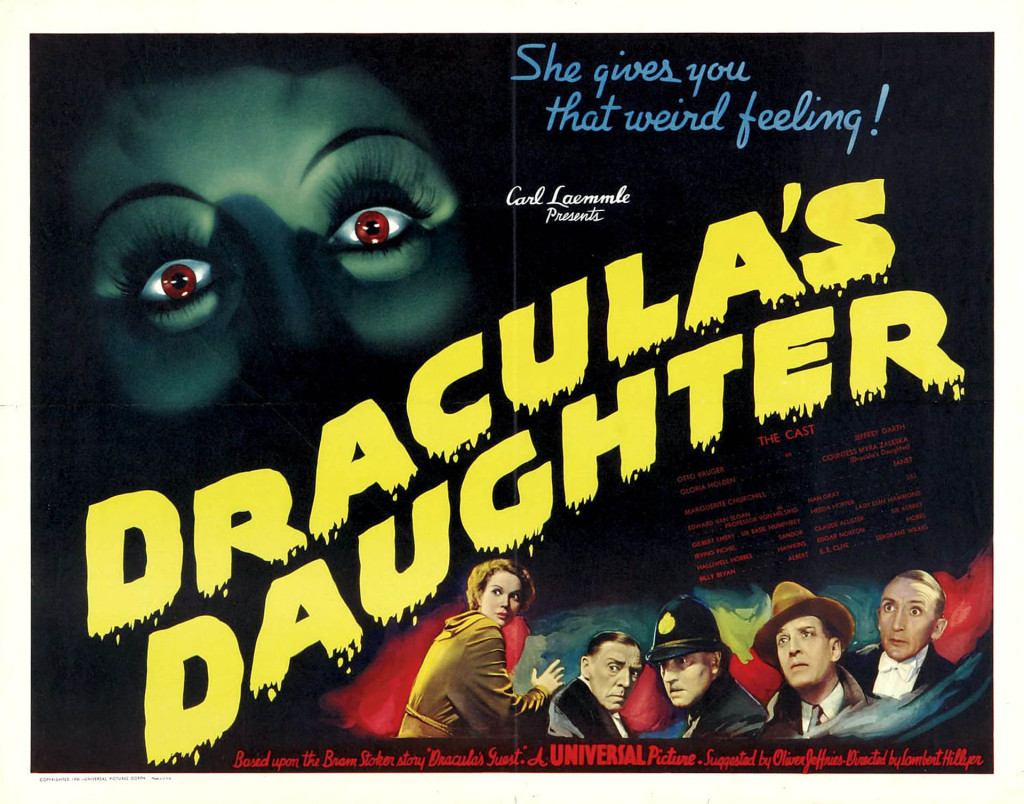(One of the ways we know we’re part of the world is that it goes on without us.)
The craze of all things vampiric feels like another Romantic revival of the supernatural anti-hero, but what does it really say about this cultural moment? I did a quick Google School report to try and find out.
Here’s a good introductory overview of the trend though the author never answers that particular question. Or explains what it signified in the past. History does repeat itself, afterall.
Is it a sign of a decadent society (in the depraved sense)? This article does a better job describing the narrative import of the vampire, suggesting it represents whatever we want to shun but secretly demand. Like some masochistic embrace of a bleak future?
When I google the masochistic angle, btw, I get this feminist spin framed by the success of the Twilight series, which I’ve only watched very sporadically, kind of interesting…
I do know vampire movies were popular in the 1930s, alongside monster flicks and – notably – the rise of film noir, a period of similar malcontent (the Great Depression, rampant corruption, etc.). So perhaps its as simple as a desire for outre thrills as dark as the times? An existential fetish for the powerlessness we feel.
“Every age embraces the vampire it needs.”
–Nina Auerbach
Our Vampires, Ourselves
“Horror is . . . the state of mind induced by one’s confrontation with a violation of cultural categories.”
— Philip L. Simpson
Psycho Paths
The above quotes were included in this smart much more in-depth examination of the vampire as it evolved in literature from the Victorian age on. Though as the citations indicate, it was written pre-Twilight, in 2000. I’d like to read an updated version of it, a new edition. Anyway, that’s it for tonite. Happy pre-Halloween! (Its better than me telling you what a wretched day I had, and the sinus headache still plaguing me, right? That would certainly be more trick than treat.)




